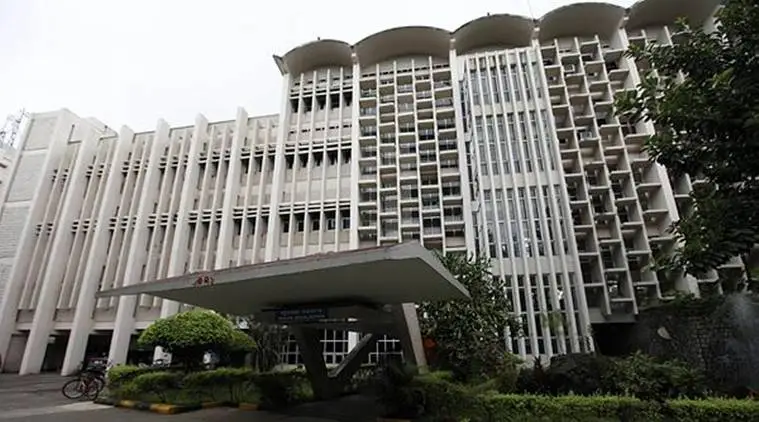 Genuine applicants will receive Rs 40,000 for laptop and Rs 7,000 for internet, said deputy director S Sudarshan. File photo
Genuine applicants will receive Rs 40,000 for laptop and Rs 7,000 for internet, said deputy director S Sudarshan. File photo
In an effort to curb the number of dropouts due to a fully online semester beginning August 10, IIT Bombay will allow some undergraduate and postgraduate students, who live in remote areas with no access to e-learning, to return to the campus.
“We are trying to figure out how many students will find it difficult to gain access to online classes, and are reaching out to them so that they can be on the campus by August 10. We don’t have a final number as we are still populating this,” said Professor Prita Pant, who is heading the ‘campus rebooting’ committee. Last month, the institute announced a fully virtual semester for the new academic year.
Director Dr Subhasis Chaudhuri had also appealed to alumni to help raise funds for students with no equipment for e-learning. The institute has now raised over Rs 4 crore, and to use the sum, it has sought applications for interest-free loans from students unable to gain access to online learning due to lack of resources. Genuine applicants will receive Rs 40,000 for laptop and Rs 7,000 for internet, said deputy director S Sudarshan.
The institute’s ‘infrastructure repurposing committee’, a part of the Covid-19 task force, has introduced measures to ensure distancing and minimal contact with surfaces for staff and students joining the campus. In dining halls, it has erected acrylic sheets on each table so as to enable distancing.
“Serving staff will also stand behind acrylic barriers and ladle out food from a small opening. Such separators will also be installed in administrative offices. We have divided the campus into functional blocks — admin office, individual departments, classrooms, research labs, hostels, gymkhanas, and have tried to come up with solutions for each. Contact-based infection is our biggest concern. We have identified commonly touched surfaces,” said Professor Soumyo Mukherji, adding that pedal-based sinks, foot-operated door pullers, plastic tool to push doors or elevator buttons have also been introduced.
“We will also be providing a kit of sanitisers, important contact numbers, and instructions to students,” he said.
|
In laboratories, squares have been sketched measuring 150 sq ft space per person to enable distancing. The institute is now working towards making adjustments to air-conditioned rooms and is assisting the development of technology aimed at fewer possibilities of infection, Mukherji said.
With a view towards partially reopening the campus, the institute also reached out to senior PhD scholars to facilitate completion of their research. It sent emails to 128 scholars, in the city during the lockdown, on whether they would prefer returning to the campus. Out of them, 28 have given their consent. In the second phase this week, the institute will send an email to scholars in other cities as well, who will be required to quarantine themselves at the hostel for 14 days.
“We are leaving it for students to decide whether they want to return. In the meantime, every PhD guide whose student is returning will have to complete a checklist of their own, to ensure safety in the lab. It includes aspects like basic cleaning, whether they have discussed safety protocols, a timetable to ensure that labs are not crowded, among other things,” Pant said.